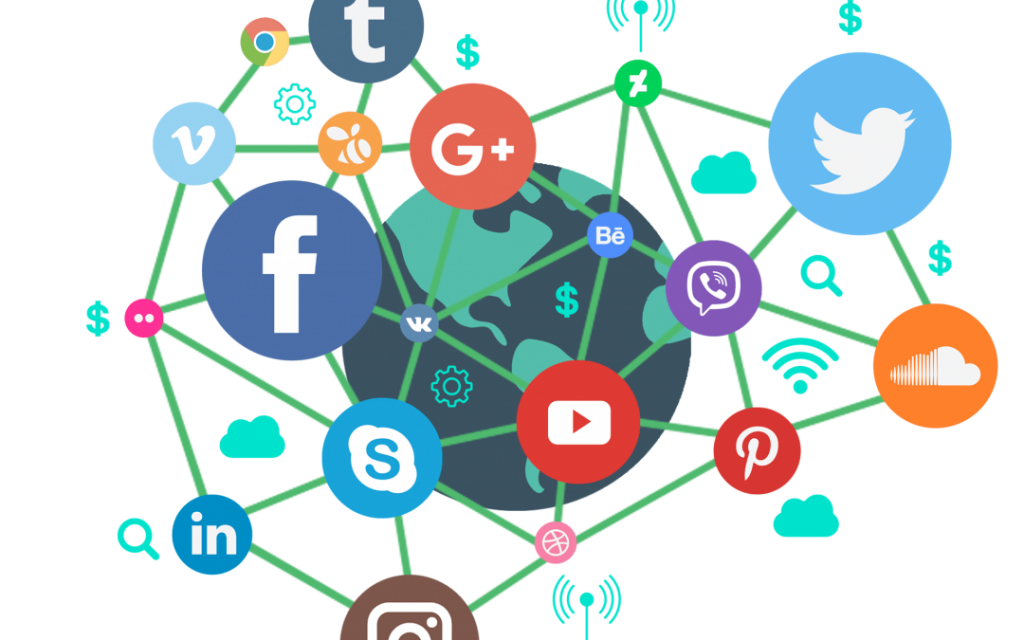“Elections are not won on social media but perceptions are shaped there.”
With the digital age comes digital tools like social media – a platform that has proven very explosive in all walks of life, including politics and governance. Government and politicians alike use these platforms to disseminate information in their bid to recruit supporters and donors during and after elections. However, it is not without its risks if not controlled.
A new report by the Kofi Annan Commission on Elections and Democracy in the Digital Age has pointed out that the rise of social media poses risks to electoral integrity of democracies globally. According to the report, the situation might even get worse if not curtailed.
Instituted in 2018, the commission was created to identify challenges to electoral integrity arising from the global spread of digital technologies and social media platforms. The commission was also tasked with developing policies to address them.
As such the Commission convened by former Secretary-General of the United Nations, Kofi Annan, was comprised of individuals from tech sector, civil society, governments, academia and the media.


After its research, which included consultations with experts across Latin America, Africa, and Asia, the commission has highlighted actionable recommendations to the concerns.
According to the report, democracies in the low and middle income countries located in Asia, Africa, Latin America and the Caribbean are the most vulnerable to digital threats – pointing to the elections in Kenya, the Philippines, and Nigeria as cases in point
“For the foreseeable future, elections in the democracies of the Global South will be focal points for networked hate speech, disinformation, external interference, and domestic manipulation.”
The Kofi Annan Commission on Elections and Democracy in the Digital Age report.
This is quite evident if you put into consideration the last general elections in Nigeria. Social media helped mold people’s opinion, with partisan supporters forging several conspiracy theories and hate speech about the opposition.
Sometimes this leads to anger, as many supporters take such theories to extreme limits – sometimes even offline. And unlike mainstream media, it is quite difficult to regulate the narrative on social media to reflect the true side of things.
Thus, the report, calls for governments to form an international coalition to regulate foreign interventions in social media campaigns, to curb unlawful interventions.


The report also recommends that countries amend their political advertising regulations, taking into consideration social media and its impact on electoral processes. This will require lawmakers to create a code of conduct for political ads and institute a “digital cooling-off period” before the election day.
The report urges social media platforms to create a coalition to address digital threats to democracy, as they have done collaboratively to address other global issues like terrorism or climate change.
Twitter for example has banned all political ads on its platform while Facebook hasn’t. Google on other hand has also banned targeted political ads on its platform.
The commission also calls on governments to compel digital platforms to share more data with independent 3rd-party researchers and academics to be able to fully assess the impact of technology on democracy.






